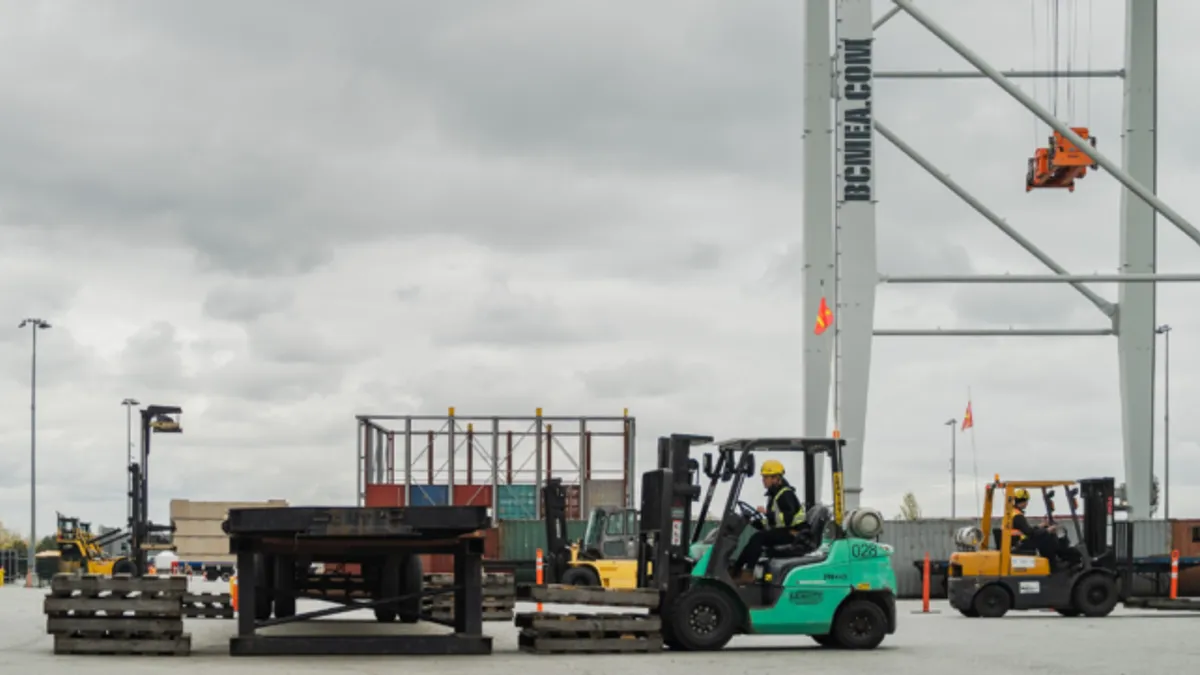The British Columbia Maritime Employers Association and the International Longshore and Warehouse Union Canada reached a tentative agreement Thursday, announcing the end of the longshore strike at British Columbia ports.
The parties are currently finalizing the details of the 4-year agreement and are working together alongside supply chain partners to “safely resume operations as soon as possible,” according to a July 13 release.
“The BCMEA recognizes and regrets the significant impact this labour disruption has had on the economy, businesses, workers, customers and ultimately, all Canadians,” the BCMEA said in a statement. “We must collectively work together to not only restore cargo operations as quickly and safely as possible but to also rebuild the reputation of Canada’s largest gateway and ensure supply chain stability and resilience for the future.”
Details of the agreement are not yet released as it is subject to ratification by both parties, per the news release.
The Federal Mediation and Conciliation Service officers and Seamus O’Regan, Canada’s labor minister, assisted both parties throughout the negotiating process.
“The scale of this disruption has been significant,” according to a joint statement shared on Twitter from O’Regan and Omar Alghabra, Canada’s transport minister. “The extent of it has shown just how important the relationship between industry and labour is to our national interest. Our supply chains and our economy depend on it.”
The ILWU Canada began their strike July 1 due to concerns over pay, automation and work contracts. Although negotiations broke down shortly after the strike, a deal had yet to be reached, leading to an estimated $8.6 billion Canadian dollars ($6.56 billion) in cargo disruptions as of July 11 after ports were left at a standstill.
Agriculture groups had pushed federal officials to intervene in negotiations, warning of broad impacts to shipping. Industry group Fertilizer Canada noted in a July 5 statement that “the impacts of delays are felt even after a resolution is reached as services need time to ramp back up.”
On Wednesday, O’Regan said that a deal was within reach as he worked to end the standstill in negotiations. The minister said he had sent the bargaining parties a letter on Tuesday to alert them that mediators would soon present a settlement.
“Deals like this, made between parties at the collective bargaining table, are the best way to prevent that. They are the best way to preserve the long-term stability of Canada’s economy. We do not want to be back here again,” the ministers said in their joint Twitter statement.
Sarah Zimmerman contributed to this report.












